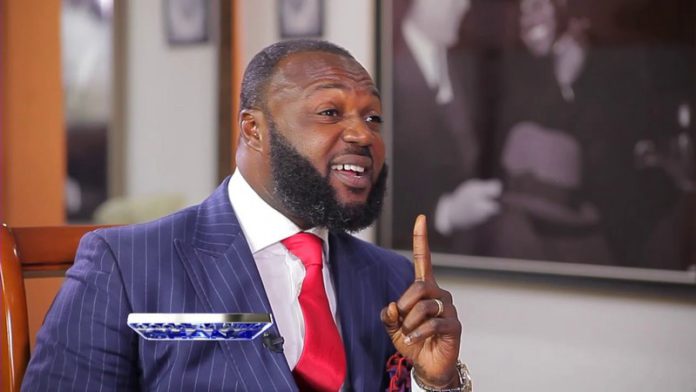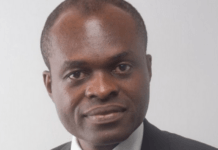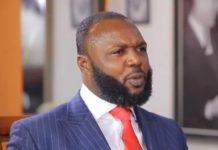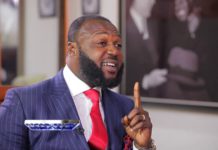
State Prosecutors have accused the Founder of the defunct Capital Bank, William Ato Essien, of causing the insolvency of the bank by stealing about GH¢200 million of a GH¢620 million liquidity support given to the bank by the Bank of Ghana (BoG).
The Prosecutor, Mrs Evelyn Keelson, a Chief State Attorney, who was cross-examining Essien at the Accra High Court yesterday, put to him that he dishonestly appropriated about GH¢200 million for his personal use.
The prosecutor added that Essien used the said money to set up another bank called the Sovereign Bank and a company known as Ocean Spring.
Essien denied the assertion, stating that he only got GH¢27.5 million, which was legitimately paid to him by the Capital Bank for his role as a transaction advisor in securing the liquidity support from the BoG.
Also, he insisted that the GH¢200 million mentioned by the prosecutor was factually inaccurate because he was on trial on allegation of appropriating GH¢157 million, which was GH¢130 million for the establishment of the Sovereign Bank, and the GH¢27.5 million.
“My appropriation was only limited to the GH¢7.5 million which I legitimately earned and I had the right to use it the way I please,” he told the court.
Not guilty
Essien is standing trial with the Managing Director (MD) of the defunct bank, Fitzgerald Odonkor and the MD of MC Management Services, a company said to be owned by Essien, Tettey Nettey.
The prosecution has accused the three persons of engaging in various illegal acts that led to the dissipation of a chunk of the GH¢620 million liquidity support given to the Capital Bank by the BoG between June 2015 and November 2016.
The accused persons have pleaded not guilty to various counts of stealing, abetment to stealing, conspiracy to steal and money laundering.
Cross-examination
The GH¢27.5 million cedis allegedly received by Essien has become a contentious issue in the trial.
The prosecution is trying to prove that Essien stole the money, while Essien insists it was money he legitimately earned as a transaction advisor in securing the liquidity support from the BoG to the Capital Bank.
During the cross-examination, Mrs Keelson asked a series of questions to suggest that Essien could not have been the transaction advisor for the liquidity support because he did not even know the real figures involved.
Essien insisted the figures he quoted were the real figures and he got to know them because he was the transaction advisor.
Transaction advisor
Also, Mrs Keelson put to Essien that he took the GH¢27.5 million from the liquidity support under the guise of using it to pay officials from the BoG who facilitated the liquidity support, but he (Essien) used it for his personal use.
Essien answered that he had never stated anywhere that he took the GH¢27.5 million to pay officials of the BoG but rather it was given to him as fees for his role as the transaction advisor or “finder” in securing the liquidity support from the BoG.
According to him, the practice was for the fee to be given to the “finder” of the liquidity support, which was him and not the “giver”, which is the BoG.
ALSO READ:
The prosecutor then put to Essien that there was no policy at the Capital Bank for the payment of any transaction or ‘finder’s’ fee for liquidity support.
Essien answered that was the practice and the fact that he “found” the money for the Capital Bank, he was entitled to a ‘finder’s’ fee.
“I found the money and I was duly paid for the services I rendered for same,” Essien said.
Mrs Keelson further put to Essien that there was no contract or documentation that showed that Essien was appointed as a transaction advisor to secure the liquidity support.
Essien refuted that claim and said although there was no written contract, in law, an oral contract was valid.
“As the lawyers will say, an oral agreement is as good as a written agreement. I have been finding money for the bank ever since I stepped down as the CEO and MD in 2012,” he said.
The prosecutor then shifted gear and put to Essien that there was no board approval for the payment of the GH¢27.5 million to him.
Essien insisted that there was board approval.
Hearing continues on March 3 at the court, presided over by Justice Eric Kyei Baffour, a Justice of the Court of Appeal, sitting as a High Court judge.
Essien is expected to call his second witness.




